
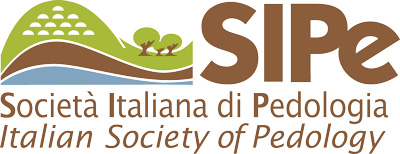
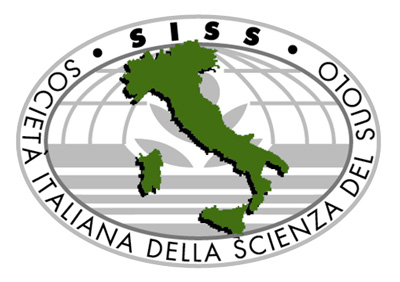



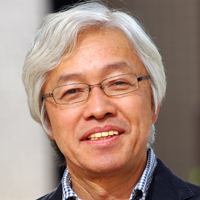
Faculty of International Communication
Department of Global Liberal Arts
Aichi University
Nagoya, Japan
Dr Takashi Kosaki is Professor in the Department of Global Liberal Arts, Aichi University, Japan, and also President of the International Union of Soil Sciences (IUSS) for 2019-20. He has worked at various institutions as a soil specialist in teaching and research such as the International Institute of Tropical Agriculture, Ibadan, Nigeria, Kyoto University, Japan, etc. He was serving as President of the Japanese Society of Soil Science and Plant Nutrition and President of the Japanese Society of Pedology. He has organized various international research projects for the last 20 years in the use of soils information derived from classification, formation processes and spatial distribution to establish the methods for environmental conservation and sustainable land use management in a variety of ecosystems in the world. He is now involved in the project for soil education and public awareness in the framework of the International Decade of Soils (IDS) initiated by the IUSS.
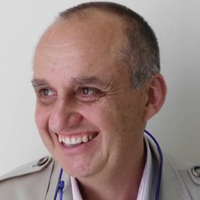
University of Naples Federico II
Naples, Italy
Prof. Fabio Terribile has a degree in Agriculture at the University of Naples and a PhD in Soil Science at the University of Aberdeen (UK). He is a full professor at University of Napoli Federico II and the Director of a Research Centre on the Earth Critical Zone (www.crisp.unina.it). He served as President of the Italian Society of Pedology (2010-2016) and currently (2018-2022) he is President of Commission of Soil Morphology and Micromorphology at the International Union of Soil Sciences. He is/has been in the Editorial Board of Solid Earth, Soil Research, Italian Journal of Agronomy and Guest Editor (Quaternary International). Moreover, he is/has been the project leader of many national and international research projects (e.g. COST, LIFE+, H2020) and component of national and international Boards for research evaluation (e.g. FP7, FAO). He is also author of more than 100 publications (including chapters and books) including 70 publications on ISI journals.
His research interest spans in different domains of soil science and land evaluation. Currently, he has a strong interest in Geospatial Decision Supporting System applied to land management and land conservation. In the last years he was strongly involved in soil policy issues at National (promoter of a new soil law adopted by the Italian Senate ddl1181) and European level (promoter of a petition from 1400 European soil scientists against the European Soil Directive withdraw).
For the sake of his specific contribution to the SPSS meeting in Bari, it is relevant to highlight that Fabio Terribile is the Coordinator of the Horizon 2020 LANDSUPPORT project namely “Development of Integrated Web-Based Land Decision Support System Aiming Towards the Implementation of Policies for Agriculture and Environment”.
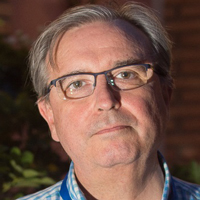
University of Navarra
Environmental Biology Department
Pamplona, Spain
Dr José María García-Mina was born in Pamplona in 1958 and studied Chemistry in the University of Zaragoza (1981). He has been director of Research and Development in Timac Agro Spain, a company belonging to the Roullier Group; a multinational company dedicated to the manufacture of different types of fertilizers, biostimulants and nutrient correctors for improving crop production and quality (1987-2014). Likewise he has been deputy director of R&D of Agriculture division of Roullier Group (2008-2014). In this moment he is full professor of Agricultural and Biological Chemistry in the University of Navarra. Dr Garcia-Mina has focused his research in the chemistry, biological activity, and application of natural organic matter (NOM), and more specifically in a fraction of NOM named humic substances. In this moment is the Vice-President of the International Humic Substances Society (IHSS). He has published 144 JCR articles, 46 book chapters and has applied 47 patents (web-Knowledge h index 29; cites 2900).

The James Hutton Institute
Invergowrie, Scotland
Prof. Philip J. White graduated from Oxford University with a BA in Biochemistry in 1983. He was awarded a PhD in Natural Sciences (Botany) from the University of Manchester in 1987, followed by a DSc in 2016. He has worked at the Universities of Edinburgh and Cambridge and, from 1992 to 2006, was employed by Horticulture Research International. Between 2006 and 2011, he led the successful Environment Plant Interactions Programme at the Scottish Crop Research Institute, Dundee. He is currently a Full Professor (Chair) in Biology at King Saud University (Saudi Arabia), a Guest Professor at Huazhong Agricultural University (China), an Honorary Professor at the University of Nottingham (UK) and a Visiting Associate Professor at the Comenius University (Slovakia). He sits on the Science Boards of The Centre for Fertilization and Plant Nutrition (Israel) and The International Magnesium Institute (China). He has been Consultant to the Universities of Nottingham and Warwick, to Defra (UK), to The World Bank and to the FAO/IAEA for projects related to plant mineral nutrition and the biofortification of edible crops. He has published >200 refereed papers and has an h-factor >60. He has featured in Clarivate Analytics’ list of Highly Cited Researchers in Plant & Animal Science since 2014.
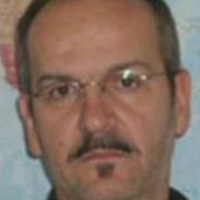
Department of Physics
University of Ioannina
Ioannina, Greece
Dr Yiannis Deligiannakis is currently a full professor, head of Lab of Physical Chemistry of Materials & Environment Department of Physics, University of Ioannina, Greece (nanomaterials.phyiscs.uoi.gr). He did his PhD thesis at the National Centre for Scientific Research “Demokritos”, Athens Greece (1991). In 1991-2000 he worked as Research Associate at the Section de Bioenergetique, CEA, Saclay, Paris, France. In 2012-2014 has was a Visiting Professor at the Particle Technology Laboratory, ΕΤΗ Zurich. He has published >170 ISI papers on physical-chemistry and technology of materials, catalysis, EPR spectroscopy, Flame Spray Pyrolysis. He holds 8 patents on nanomaterials and applications in environment-related technologies. He is the President –Elected of the International Humic Substances Society (2018-2020). His research on humic substances (HS) focuses on the antioxidant-properties of HS and development of novel HS/NOM-hybrids with active materials for environment-related technologies.